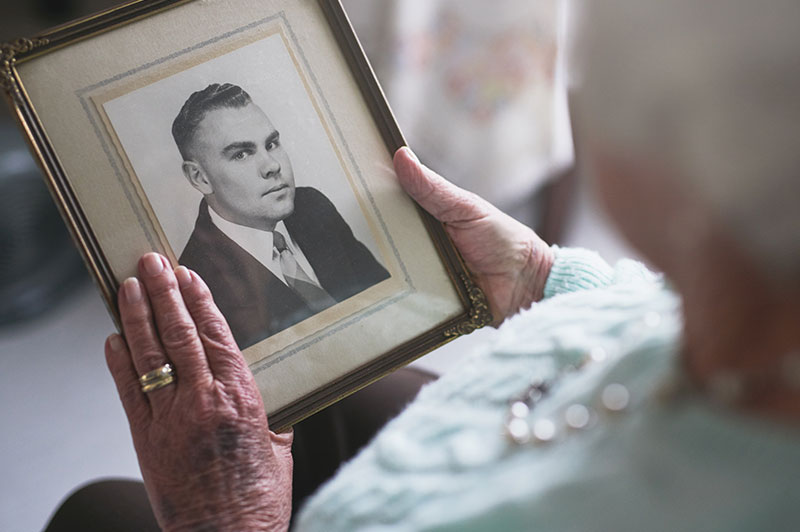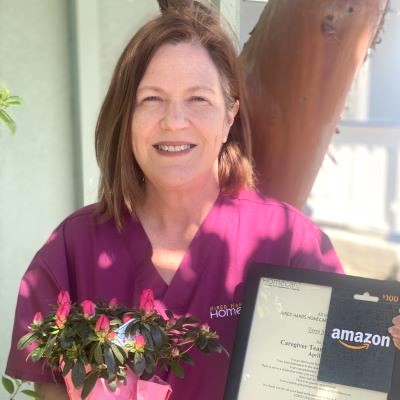Hired Hands’ California Dementia Care Separates Fact from Fiction

 Have you tried Googling “Alzheimer’s disease” and attempted to sift through the millions of results that instantly pop up? As wonderful as the age of the Internet is, it can also be overwhelming to try to sort out the true facts from the overabundance of old wives’ tales.
Have you tried Googling “Alzheimer’s disease” and attempted to sift through the millions of results that instantly pop up? As wonderful as the age of the Internet is, it can also be overwhelming to try to sort out the true facts from the overabundance of old wives’ tales.
At Hired Hands Homecare, our California dementia care specialists offer the following breakdown of some of the most common myths, and the truths behind them:
Myth: Mom remembers so many stories from when she was growing up, so she certainly can’t have Alzheimer’s disease.
Truth: Alzheimer’s disease affects short-term (more recent) memories first, meaning that those memories of the more distant past can linger much longer as the disease progresses. This explains why someone newly diagnosed with Alzheimer’s disease can often remember stories from the past quite clearly. Additionally, someone with Alzheimer’s tends to have both good days and bad days, and can seem to come “back to normal” for short periods of time.
Myth: Alzheimer’s disease is only diagnosed in people over 65.
Truth: One rare form of Alzheimer’s disease, early-onset Alzheimer’s, affects adults beginning as young as their 30s, although it most commonly becomes evident in adults age 50 and older.
Myth: Most people with Alzheimer’s don’t know they’re losing their memories.
Truth: Actually, the majority of those with Alzheimer’s disease are fairly well aware that they’re experiencing memory lapses or that they’re beginning to have trouble performing once familiar tasks. Whether they recognize it as Alzheimer’s is another matter. As the dementia continues into later stages and symptoms become worse, their awareness of the situation is likely to decline.
Myth: My dad has Alzheimer’s, so it’s likely that I’ll get it too.
Truth: Although having a close family member, such as a parent or sibling, diagnosed with Alzheimer’s slightly increases someone’s risk for developing the disease, it doesn’t mean it’s likely. Certain types of Alzheimer’s disease more prevalently run in families: for example, familial Alzheimer’s disease, one type of early onset Alzheimer’s, accounts for less than ten percent of Alzheimer’s cases. The more common forms of the disease, those with a later onset, have not demonstrated a clear pattern of heredity.
Myth: There are ways to prevent Alzheimer’s disease.
Truth: There’s no known way to prevent Alzheimer’s disease, since the ultimate cause has not yet been determined. There are ways, however, to try to reduce the risk of getting Alzheimer’s disease. Some of the factors to avoid that are associated with higher risk include heart disease, high cholesterol, high blood pressure, obesity, head injury, smoking and alcohol consumption.
The California dementia care experts at Hired Hands Homecare are here to provide expert Alzheimer’s disease care for your senior loved one, allowing your family to have peace of mind and enhancing the senior’s quality of life, safety and independence. Contact us at 866-940-4343 any time to learn more.








Leave a Reply